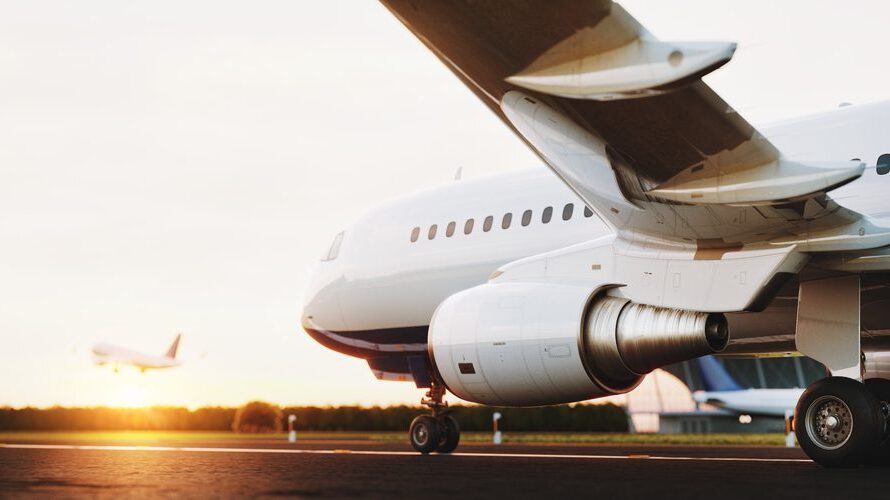
A total of 23 European consumer advocacy groups, spearheaded by umbrella organization BUEC, are calling out 17 European airlines, wanting to put an end to what they claim are “dishonest business practices.”
While these airlines promote their services as being ‘green’ or ‘sustainable’, advocacy groups contest their claim, accusing them of ‘greenwashing’, i.e. portraying services or products as being ‘greener’ than they actually are.
In BUEC’s Thursday, June 22nd, press release, its deputy director general Ursula Pachl said:
Whether you pay a ‘green fare’ or not, your flight will still emit climate-harmful gasses. Technological solutions to decarbonise aviation won’t become a massive-scale reality any time soon, so depicting flying as a sustainable mode of transport is pure greenwashing.
Knowing this to be the case, she therefore accused airlines of offering consumers “a fake peace of mind.”
“When it is crystal clear that air travel causes a significant and increasing share of greenhouse gas emissions, it beggars belief that airlines freely lure consumers with climate-friendly messaging such as ‘CO2 compensated’ or ‘CO2 neutral’,” she said, adding that they “urge authorities to take the matter into their hands and crack down on this greenwashing practice seriously misleading consumers.”
To effect this, a formal complaint has been lodged with the European Commission and its Consumer Protection Cooperation Network (CPC). The airlines being criticised of engaging in such practices are: Air Baltic, Air Dolomiti, Air France, Austrian, Brussels Airlines, Eurowings, Finnair, KLM, Lufthansa, Norwegian, Ryanair, SAS, SWISS, TAP, Volotea, Vueling, and Wizz Air.
As an alternative, BEUC proposes that high-quality long-distance travel, such as by railroad, should be more actively promoted.
With some airlines, passengers can opt to pay an extra fee to offset their flight’s CO2 emissions. With others, customers can pay into a fund which would go towards developing ‘sustainable aviation fuel’ (SAF).
On SAF, airlines are not transparent, BUEC claims, since it represents only a small fraction of total fuel usage. SAF is currently available in limited quantities, with mandatory EU targets requiring only 2% SAF by 2025, and 6% by 2030 to be mixed with fossil kerosene.
Since none of the above strategies actually lowers greenhouse gas emissions, that money should now be reimbursed, BUEC says.
Commenting on the matter in a VRT NWS report, Brussels Airlines spokeswoman Joëlle Neeb said the company had not yet received the complaint and therefore can not comment. “Upon official receipt, we will carefully analyse and follow up on the complaint,” she said.
Brussels Airlines and its parent group Lufthansa are aware of their carbon footprint, she affirmed, stressing that their ambition is to be carbon neutral by 2050.
Airlines for Europe (A4E), a trade association representing major European airlines, has in the meantime responded.
Speaking to Euractiv, an A4E spokesman said that airlines “always meet [passengers’] demand for high transparency,” and that they “fully recognise the importance of transparent communications on sustainability and the entire industry is actively working towards reaching net zero by 2050.”
The spokesman went on to address the controversial offsets, saying that their usage will diminish as SAF levels rise and more efficient aircraft are introduced.
“Strong sustainability criteria for offsets or carbon credits as for SAF are crucial for sector credibility and initiatives like CORSIA [Carbon Offsetting and Reduction Scheme for International Aviation],” the spokesman said, referencing the UN offsetting scheme.
